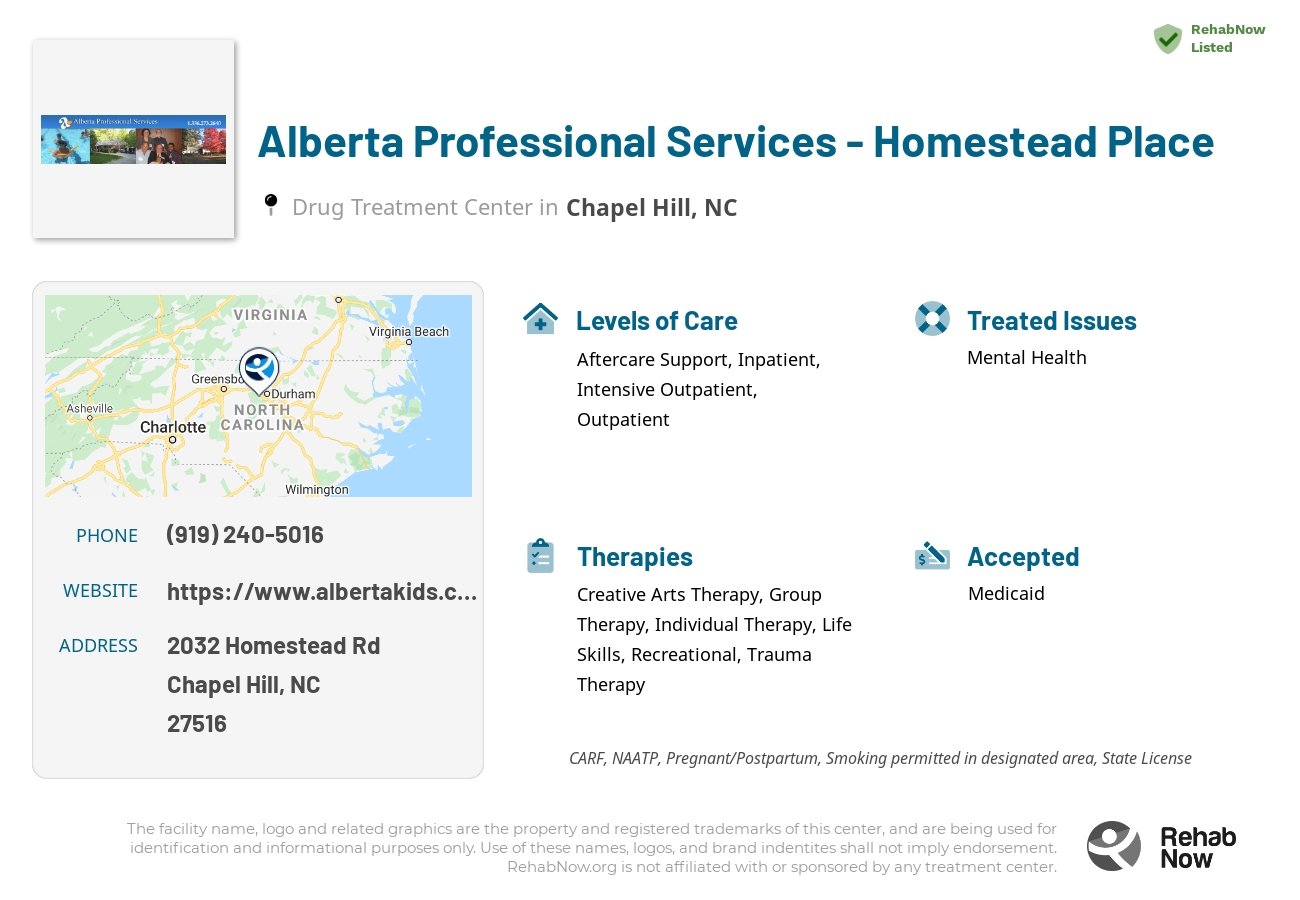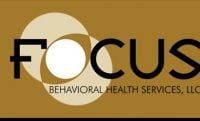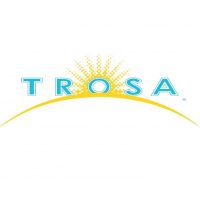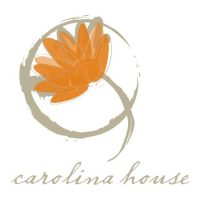Alberta Professional Services - Homestead Place
Drug Rehab Center in Chapel Hill, North Carolina
Alberta Professional Services - Homestead Place in Chapel Hill, North Carolina, is an addiction treatment facility that offers various levels of care and individualized treatment plans to help individuals struggling with addiction and substance abuse achieve lasting sobriety and positive mental health outcomes.
About This North Carolina Facility
Alberta Professional Services - Homestead Place, nestled in Chapel Hill, North Carolina, specializes in providing inpatient treatment to individuals grappling with severe mental health diagnoses, alongside tackling substance abuse issues. It is a cozy 4-bed facility, notable for its commitment to personal development through moral, artistic, and character-building activities, while respecting each resident's religious beliefs.
Accredited by the Commission on Accreditation of Rehabilitation Facilities (CARF), Alberta Professional Services - Homestead Place stands out for its personalized treatment plans and multidisciplinary approach to recovery, encompassing both mental health and substance abuse support. Residents actively contribute to their treatment plans, emphasizing medication management, independence, and a reduction in psychiatric hospitalizations.
- Customized Treatment Plans: Tailored to cater to each individual’s specific needs and recovery goals, ensuring a personal journey towards sobriety.
- Whole-Person Approach: Focus on moral and character development, alongside creative activities, for a holistic recovery experience.
- Resident-Centered Goals: Aims at reducing psychiatric hospital re-admissions and promoting independence, providing skills for a more autonomous future.
At Alberta Professional Services - Homestead Place, individuals struggling with persistent and severe mental illness, as well as substance abuse, find a path to recovery through group therapy, recreational activities, and close attention to medication management. Residents benefit from a compassionate approach, aiming for not just sobriety, but also a fulfilled and independent life.
Genders
Ages
Modality
Additional
Accreditations

CARF
The Commission on Accreditation of Rehabilitation Facilities (CARF) is a non-profit organization that specifically accredits rehab organizations. Founded in 1966, CARF's, mission is to help service providers like rehab facilities maintain high standards of care.
Conditions and Issues Treated
Levels of Care Offered at Alberta Professional Services - Homestead Place
This center offers a variety of custom treatment tailored to individual recovery. Currently available are Aftercare Support, Inpatient, Intensive Outpatient, Outpatient, with additional therapies available as listed below.
Inpatient treatment centers offer a safe, secure, and often medically supervised environment for drug or alcohol-addicted individuals. Many of these facilities are equipped to provide detoxification, treatment for co-occurring mental health disorders, and aftercare programs. The patient typically spends 28 to 30 days at the facility and will receive extensive drug counseling.
Intensive outpatient treatment is a form of addiction care that allows patients to continue living at home while undergoing treatment. This type of care is appropriate for patients who have been treated in residential treatment programs. Intensive outpatient programs include regular visits to the facility providing therapy, and patients gradually return to their routine life. IOP benefits most when patients have a supportive family member or friend to help them recover.
The first step to getting into an intensive outpatient program is to attend a detoxification facility. Detoxification facilities are designed to remove substances from the body safely. The patient will attend sessions designed to help them understand their addiction and its impact on their lives. While in an intensive outpatient program, therapy sessions are scheduled three to five times per week, with the patient attending no more than two sessions in one day.
An outpatient treatment program is set up to help with alcohol or drug addiction or a co-occurring disorder. The patient must attend the facility for their therapy and other programs but can return home each night.
The frequency of mandatory attendance decreases after much of Alberta Professional Services - Homestead Place‘s program is complete.
Outpatient treatment is a recovery approach that allows recovering addicts to live at home while getting rehab for addiction
An outpatient can include day treatments which include attending group sessions one hour per week. A person living in an outpatient environment may be allowed the opportunity to work full time if they choose to and continue studies without interruption from drugs/alcohol.
Outpatient treatment is an option for people who want to maintain their careers and families. Outpatients live at home but attend treatment such as individual counseling, group counseling, or twelve-step meetings during the day.
Aftercare support is vital to the success of someone in drug or alcohol treatment. It involves assisting with entering a sober living home, getting career counseling or educational assistance and even getting the individual lined up with programs like AA and NA. This support helps recovering addicts readjust to normal day-to-day activities and maintain sobriety.
When a person is in drug or alcohol treatment, they have to increase their focus on themselves. They need to learn how to recognize the triggers that cause them to relapse and learn the habits that would benefit them if they were to be sober. This is all part of the growth in recovery, and aftercare is essential to that process.
Therapies & Programs
At Alberta Professional Services - Homestead Place , to learn from past mistakes and improve one’s situation, the recovering person meets individually with a therapist. The counselor or therapist will address addiction causes, triggers, mental issues, dual diagnosis, and aftercare plans during this time. This is a very intense and challenging process. Some clients find it easier to open up to someone other than family or friends who understand their struggles with addiction.
In group therapy, recovering addicts meet with a therapist and other people in recovery. Some groups are closed, meaning only people who share the same addiction or problem can attend. Others are open to anyone who wants to stop using drugs or drinking alcohol. Group therapy sessions typically focus on one topic each week or month so that recovering addicts can discuss issues they face daily.
Trauma therapy allows people to face and learn from past traumas.
Many people suffer childhood traumas that lead to adult addiction. During treatment at Alberta Professional Services - Homestead Place [/type], you can move forward in your recovery and reclaim your sober future! Trauma is a common cause of psychological disorders like Addiction Disorder. It’s common in Addictive Disorders patients because traumatized people have strong emotions or thoughts that lead to addictive behaviors.
Cognitive Behavioral Therapy (CBT) is based on the idea that how we feel, think and act all interact together. It helps people explore their thoughts for problems (or false beliefs) that influence their mood and actions. CBT is very goal-oriented, which means that the therapist and patient work together on a specific problem. In addition to helping a client focus on thoughts that can be changed, CBT also allows them to take an active role in their treatment. Our thoughts determine our feelings and behaviors; our feelings affect our thoughts, and our behaviors change our thoughts and feelings.
Drug and alcohol addiction can lead to a breakdown in life skills. Learning certain life skills can help those who are struggling with addiction. Life skills training at Alberta Professional Services - Homestead Place in Chapel Hill, NC teaches patients skills such as time management, budgeting, and social abilities to improve their quality of life and prevent relapse.
An addict’s life skills are maladaptive, meaning they are counterproductive. An addict may have learned poor time management skills growing up, have a hard time budgeting money, or be socially awkward. An addict’s poor life skills can lead to relapse and the inability to achieve long-term sobriety. Life skills training teaches patients effective coping mechanisms, which can help them live a clean and sober life.
Payment Options Accepted
For specific insurance or payment methods please contact us.
Additional Details
Specifics, location, and helpful extra information.
Chapel Hill, North Carolina 27516 Phone Number(919) 240-5016 Meta DetailsUpdated April 15, 2024
Staff Verified
Patient Reviews
There are no reviews yet. Be the first one to write one.
Chapel Hill, North Carolina Addiction Information
North Carolina ranks 29th in the nation for overall substance abuse. Many of the drugs abused in the state are illicit, and many of these are opioids. Prescription opioids are readily available due to the high rates of medical workers prescribing them. The number of prescriptions has increased tenfold since the 1980's. Opioid overdoses are the most common type of death in North Carolina.
The number of people addicted to drugs or abusing drugs is on the rise in Chapel Hill, North Carolina. Cocaine is the most commonly used drug, with an estimated 8.3% of people using it. Marijuana is the second most common drug and has an estimated 7.2% of users. Some of the biggest problems caused by drug addiction and abuse are crime and violence.
Treatment in Nearby Cities
- Elkin, NC (101.3 mi.)
- Snow Hill, NC (85.5 mi.)
- Rose Hill, NC (97.7 mi.)
- New Bern, NC (128.2 mi.)
- Southern Pines, NC (56.7 mi.)
Centers near Alberta Professional Services - Homestead Place
The facility name, logo and brand are the property and registered trademarks of Alberta Professional Services - Homestead Place, and are being used for identification and informational purposes only. Use of these names, logos and brands shall not imply endorsement. RehabNow.org is not affiliated with or sponsored by Alberta Professional Services - Homestead Place.









